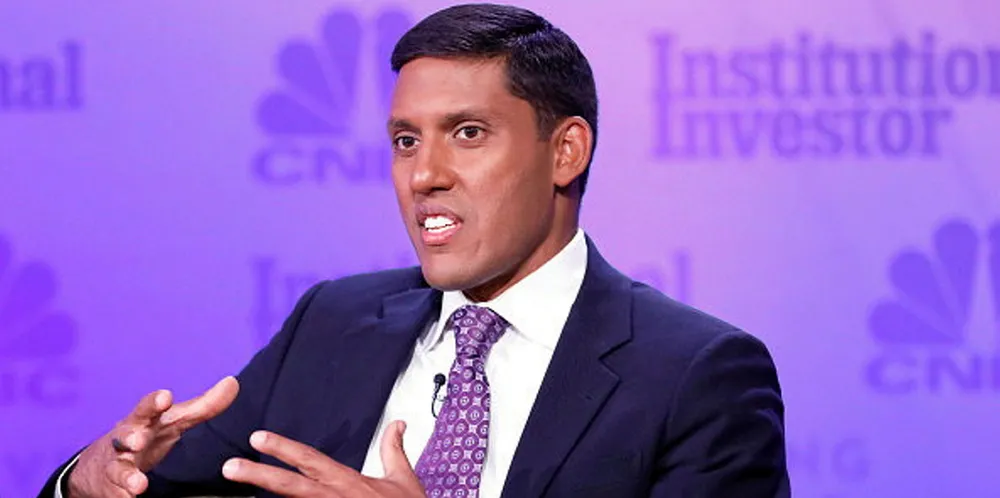Rockefeller stumps up to seed developing nations' post-Covid energy transition
Philanthropic body first set up by family of US oil baron earmarks funds for 'more sustainable, inclusive' post-pandemic recovery in emerging economies

Philanthropic body first set up by family of US oil baron earmarks funds for 'more sustainable, inclusive' post-pandemic recovery in emerging economies
